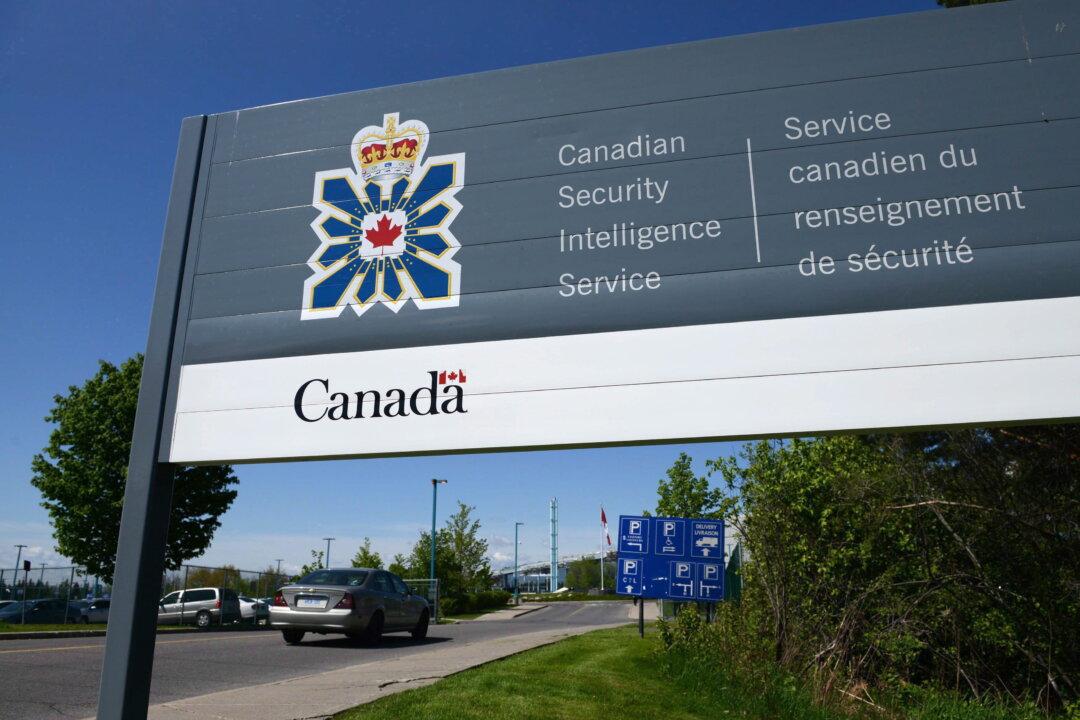The Canadian Security Intelligence Service warns that some Canadians in the “anti-gender movement” will continue to pose a “violent threat” within the next year, according to its newly tabled annual report.
“CSIS assesses that exposure to entities espousing anti-gender extremist rhetoric could inspire and encourage serious violence against the 2SLGBTQIA+ community, or against those who are viewed as supporters of pro-gender ideology policies and events,” the agency said in the report released on May 7.





